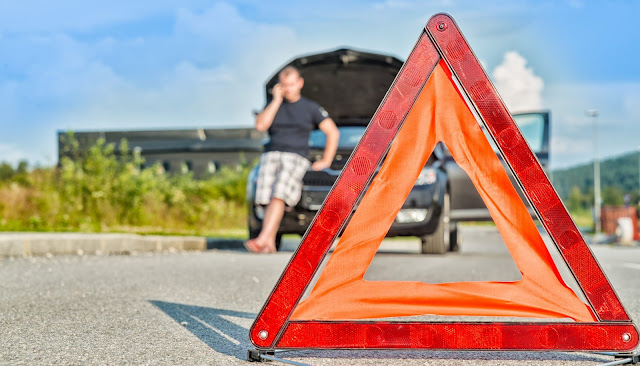How to protect yourself from Financial Emergencies
An emergency fund is a savings account set aside for unexpected expenses or financial emergencies. It is an important aspect of personal finance as it can provide a safety net in case of unforeseen events. Having an emergency fund can give you peace of mind and help protect you from financial hardship.
One of the most important reasons for having an emergency fund is to cover unexpected expenses. These can include things like medical bills, car repairs, or home repairs. Without an emergency fund, unexpected expenses can lead to financial stress and the need to take on debt. An emergency fund can help cover these expenses without the need to rely on credit cards or loans.
An emergency fund can also provide financial security in case of a job loss. Losing a job can be a stressful and uncertain time, and without an emergency fund, it can be difficult to cover basic expenses such as rent, utilities, and food. An emergency fund can provide a cushion while you are looking for a new job and help you avoid falling into debt.
Another important reason for having an emergency fund is to protect against inflation. Inflation is the rate at which the general level of prices for goods and services is rising, and as inflation rises, so too does the cost of living. An emergency fund can help you maintain your standard of living and protect you from the effects of inflation.
Having an emergency fund can also help you take advantage of opportunities. Sometimes unexpected opportunities may arise, such as a job offer in a new city or an investment opportunity. Without an emergency fund, it can be difficult to take advantage of these opportunities. An emergency fund can provide the financial flexibility to take advantage of these opportunities without having to rely on credit.
One of the most important steps in creating an emergency fund is to determine how much money you need to save. A general rule of thumb is to save enough money to cover three to six months of living expenses. This will provide a sufficient cushion to cover unexpected expenses and provide financial security in case of a job loss.
Once you have determined how much money you need to save, it's important to set up a savings plan. This can include setting up automatic transfers from your checking account to your emergency fund, cutting back on unnecessary expenses, and finding ways to increase your income. It's also important to keep your emergency fund in a savings account or other easily accessible account, so you can access it quickly in case of an emergency.
It's also important to regularly review and update your emergency fund. This can include monitoring your spending, adjusting your savings plan as needed, and increasing the amount you are saving as your income increases. Additionally, it's important to consider the impact of inflation and adjust your emergency fund accordingly.
Another important aspect of having an emergency fund is that it can help you avoid high-interest debt. When unexpected expenses or financial emergencies arise, it can be tempting to rely on credit cards or loans to cover the costs. However, these types of debt often come with high-interest rates and can quickly spiral out of control. Having an emergency fund can help you avoid the need to take on high-interest debt and can save you money in the long run.
Another important thing to keep in mind is that an emergency fund is not only for unexpected expenses but also for planned expenses. It can also be used for things like annual insurance premiums, holiday expenses, or home maintenance. By having an emergency fund, you can save money and avoid the need to rely on credit to pay for these expenses.
It's also important to keep in mind that an emergency fund is not a replacement for insurance. Insurance policies can provide financial protection in case of specific events such as health problems, accidents, or natural disasters. Having an emergency fund can provide additional protection, but it's not a substitute for insurance. It's important to have a comprehensive insurance coverage in addition to an emergency fund.
Another important aspect of having an emergency fund is that it can help you achieve your long-term financial goals. By having an emergency fund, you can avoid unexpected expenses that may derail your financial plans. Additionally, having an emergency fund can give you the peace of mind to invest in long-term goals such as retirement or your children's education without worrying about unexpected expenses.






Post a Comment